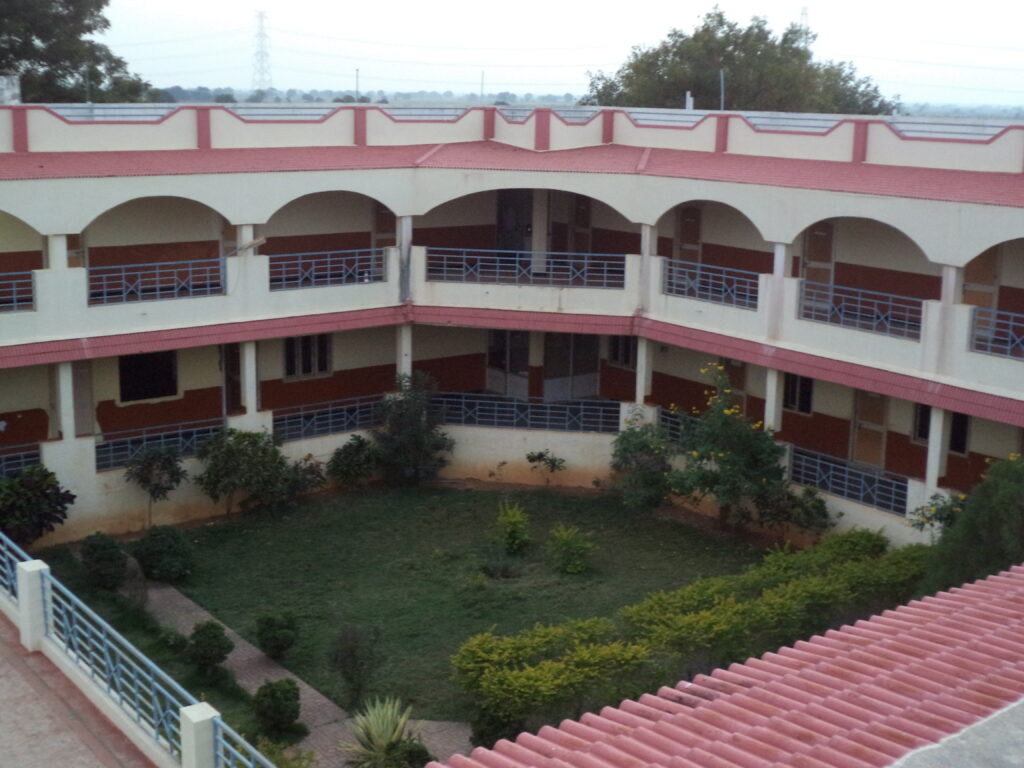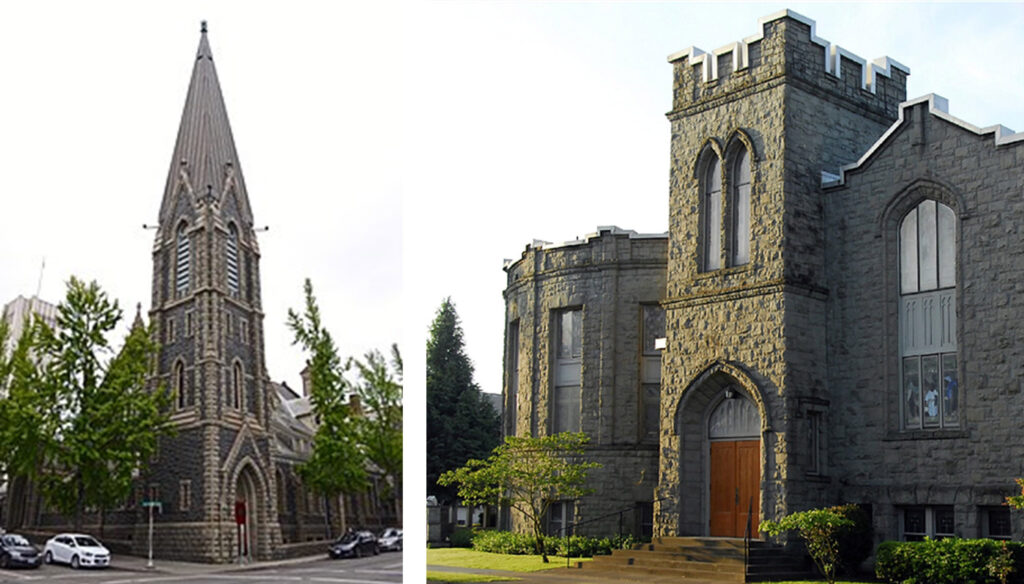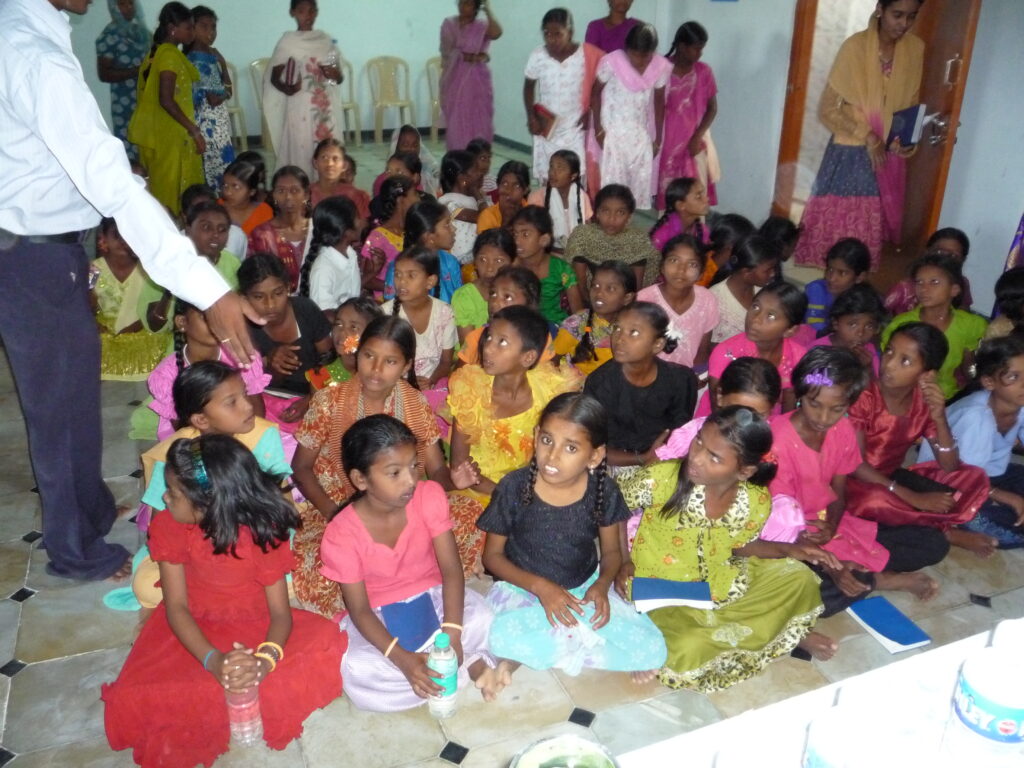Bharati Integrated Rural Development Society (BIRDS)
Bharati Integrated Rural Development Society (BIRDS) is a Non-Governmental Organization (NGO) registered under Societies Registration Act 21 of 1860, in the year 1991. Its registration number is 262/-1, dated Nov. 28, 1991. It is also registered under Foreign Contribution Regulation Act (FCRA) of 1976, on May 16, 1994. It has Income Tax (IT) exemption under Sections 12A and 80G.
BIRDS came into existence with the initiative of its founder and current Executive Director, V. Paul Raja Rao, who has been working with the poorest of the poor in Kurnool District of Andhra Pradesh since 1985. Grass-roots work began first in Midthur mandal, one of the most backward and remote areas in the district which was receiving no voluntary service organization. Over the past 28 years, BIRDS has received continual recognition for its good work and is one of the leading NGOs in the district today. Read More . . .


History of the Presbytery with BIRDS
Barbara Carnegie Campbell met Mr. V. Paul Raja Rao in 2001 while serving as Associate Pastor of Education at First Presbyterian Church, Portland. Because Dr. Virginia Feldman, a member at FPC and Dr. George Feldman of Portland, had served as mission doctors at St. Stephens Hospital in Delhi, “Ginny” encouraged FPC to invite a “Mission Associate” from India to join the FPC staff for 3 months. “Mr. Paul” was called to serve in that position. Barbara and Ginny encouraged FPC to develop a mission vision supporting the Bharati Integrated Rural Development Society, (BIRDS) in the state of Andra Pradesh in south central India which Mr Paul had just founded.
FPC organized their first mission team to BIRDS in 2002, under the leadership of the Drs. Feldman and Barbara. The Women’s Bible of FPC donated money for the first well on the rural property of the BIRDS “farm.” During their first visit the team of 30 stayed in 2 grass thatched open-aired buildings. Read More . . .
The objectives of BIRDS, as listed in its bylaws are:
- To educate the rural poor through formal and non-formal education.
- To act as a liaison between the Indian and State of Andhra governments and the rural poor and to inform the rural poor about various governmental programs intended to help them.
- To provide opportunities for the development of village artisans.
- To undertake land-based projects for the benefit of small and marginal farmers.
- To establish homes for the aged, child laborers, widows, and the disabled.
- To undertake women’ welfare programs.
- To organize self-help groups for poor women to help them achieve economic independence.
- To improve the health conditions of the rural poor.
- To provide a low cost housing program for the poor.
- To preserve the environment in targeted areas.
- To promote sustainable agriculture programs and organic farming systems. Read More . . .

